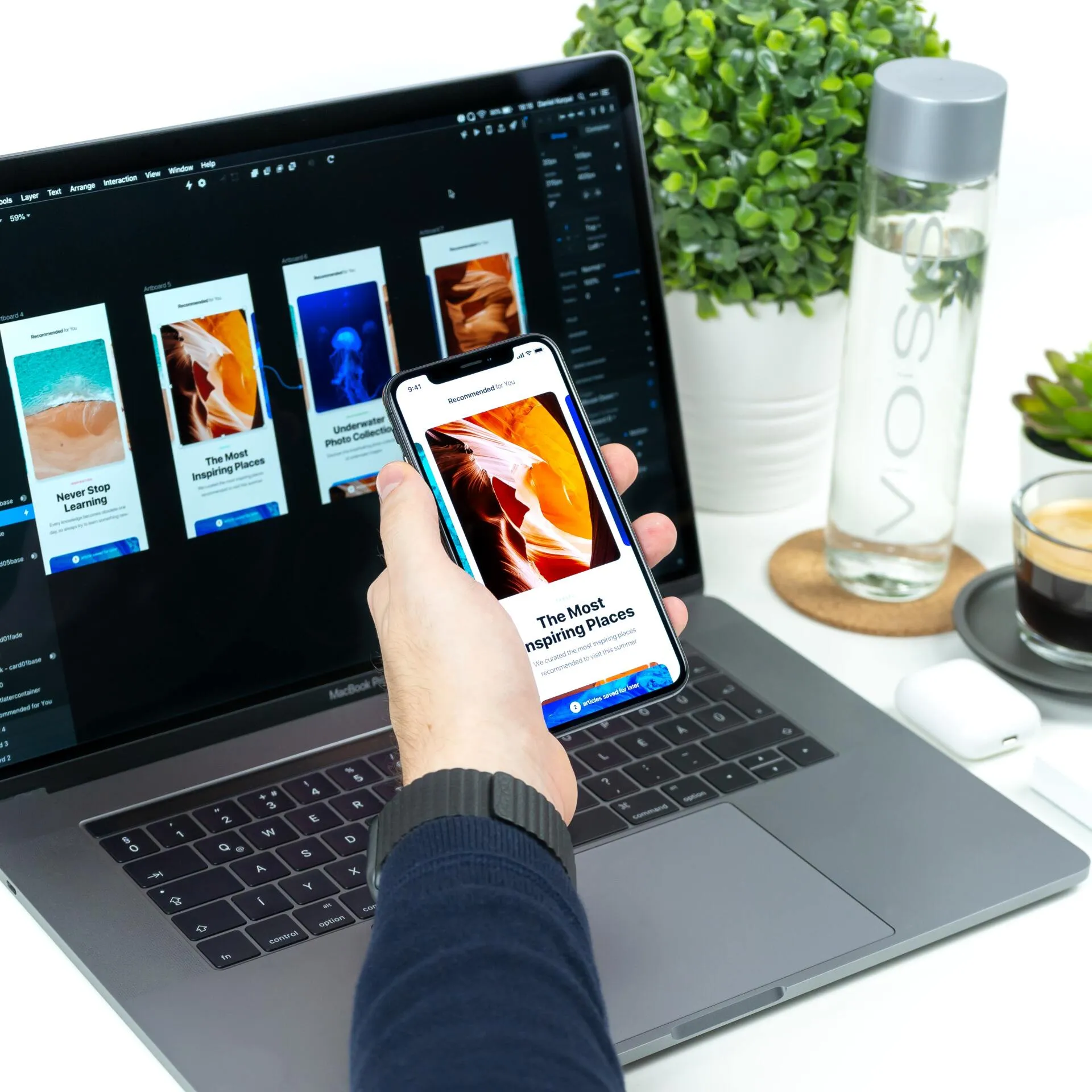
A UX design looks for ways to provide an optimal user experience, and it uses research data of various kinds to accomplish that. A data-driven design uses data to create tests that are performed to improve understanding of users’ needs. The primary aim of a data-driven design is to establish a relationship with visitors to your website.
Implementing data-driven design into UX methods has yielded real and conclusive results. Data from data-driven design can lead to better business outcomes and an improved user experience.
Types Of Data
There are two main data classes used in data collection and design decisions. These are:
Data-driven designers emphasize empirical data as it is the source of the best quantitative and qualitative data.
The use of data and UX research can help narrow the divide and give designers an idea of user wants and needs. Methods like usability testing and generative user research are usually used.
A data-driven design approach also helps you create designs that prioritize users’ needs. Ensuring that your designs are engaging and easy to navigate also helps to boost conversion rates.
How To Collect Data
When collecting data, you must ensure that the information you collect is information from an extended period. Alternatively, you could collect information from multiple intervals. Once you have this information, the next step is to understand the information and effectively interpret it.

UX Research Methods For Acquiring Useful Data
These include:
How To Analyze Usage Data
It can be difficult to find areas that require improvement when examining data. To effectively examine data, look for specific patterns and dig into the data you’ve been gathering. This requires you to balance both quantitative and qualitative data.
Representing data visually is also another good way of analyzing usage data. When data is visualized, it becomes easier to learn. Visualizing data can make it easier to present to stakeholders.
Conclusion
When collecting and analyzing data, patience is required. After making design changes, it is important to evaluate the response. There are various business opportunities that UX designers can take advantage of in today’s world through data-driven design. The data-driven design has an integral role in UX design as it helps UX designers know what users want.
